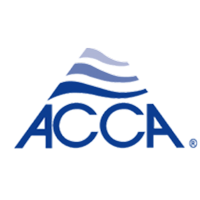A lot of homeowners only think they need air conditioning repair when their system totally fails. However, the truth is your air conditioner will often give warning signs before a complete breakdown that results in new AC installation. Recognizing the symptoms and calling the experts at J & J Air Conditioning to fix issues early can spare you the hassle and expense of a full AC system breakdown. More importantly, it can prevent the hot and sweaty conditions created by having your AC break down when it’s scorching hot outside.
When you call us, our team of certified HVAC technicians will diagnose the issue, fix the problem and get your AC back on track. We have a proven track record in the community and provide top-tier, budget-friendly AC service for local homeowners.
Why hold off until your cooling system stops working? Skip all that hassle by calling today to schedule AC repair in Eastland, TX, from J & J Air Conditioning.
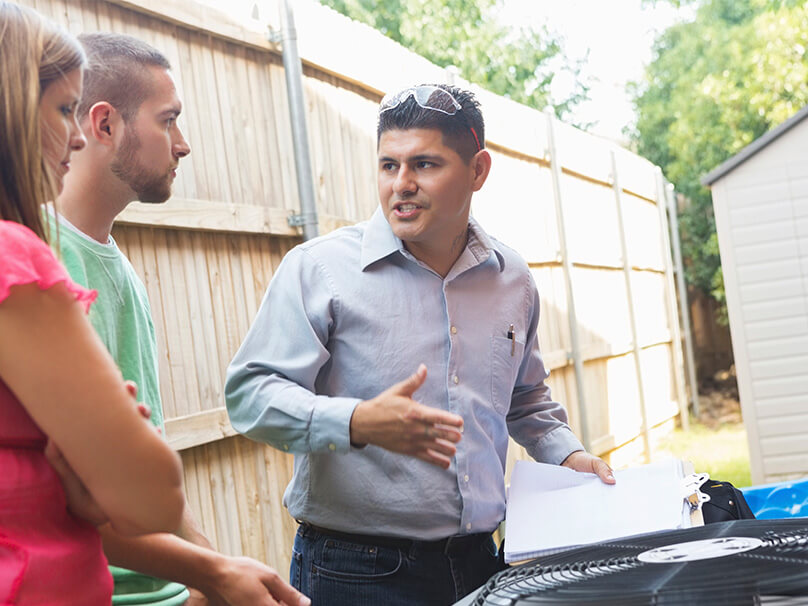
How to Know if You Need AC Repair
Wondering if your air conditioner requires service? From a stinky smell to no cold air coming from the vents, there are many indicators that your cooling system has an issue and needs diagnosis and repair.
Here are some warning signs that trouble may be on the way and it’s time to call an HVAC technician from J & J Air Conditioning:
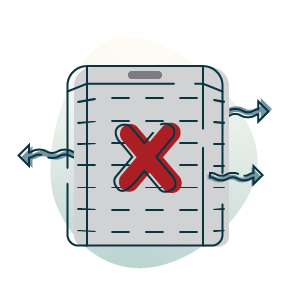
AC blows warm air instead of cold
If warm air is coming from your AC unit instead of cool air, or if the air isn’t as cool as normal, it’s a wise decision to call us for professional cooling service.
Air conditioner keeps turning on and off
If your AC system starts and stops instead of completing its normal cycle, it could be a sign of several problems and should be looked at by one of our certified HVAC technicians.
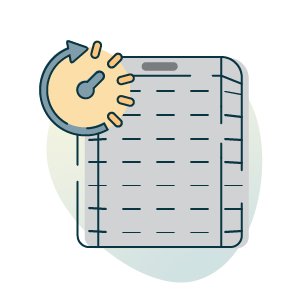
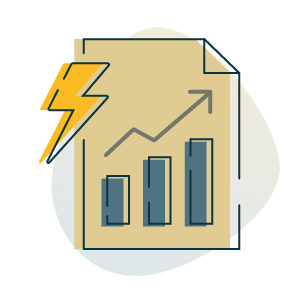
Monthly utility bills spike for no apparent reason
A sharp increase in your energy costs can be a signal your AC unit is not running efficiently, which means it uses more energy to keep your space comfortable and needs AC maintenance or repair.
Unusual smells are coming from your air conditioner
Air conditioners should not stink. Unusual odors coming from your air conditioning system should be evaluated by a professional, as they can be a sign of problems like mold, mildew or even electrical issues.
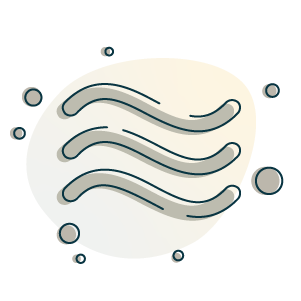
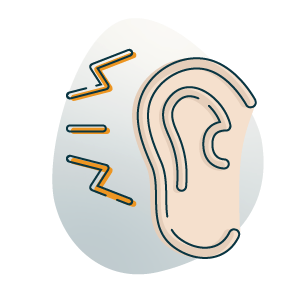
AC makes loud noises when it runs
If you hear strange sounds when your AC system is running — thumping, scraping or squealing, to name just a few — it’s important to call for professional HVAC service to evaluate your system.
Request Professional Air Conditioner Repair Today
When you have to have air conditioning service quickly, call the HVAC repair experts at J & J Air Conditioning. We’ll quickly identify the trouble when your air conditioner won’t work or give sufficient chilly air.
